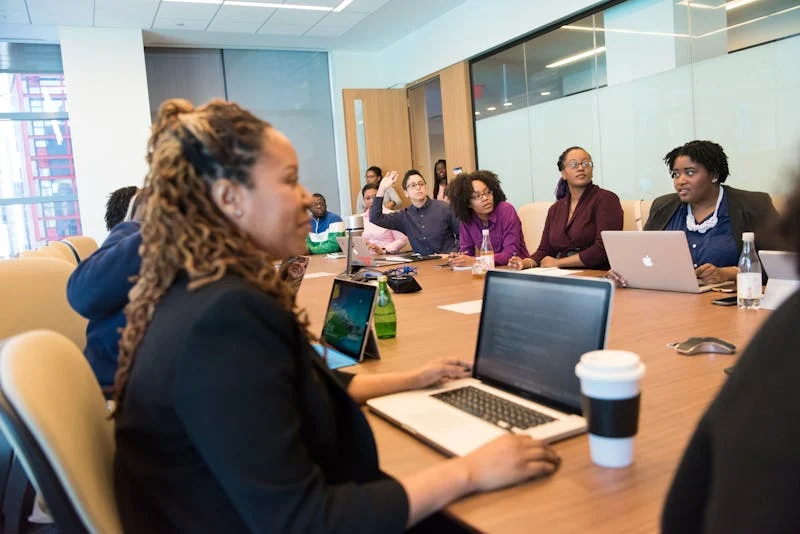Domestically or internationally relocation is a significant life event filled with both excitement and challenges. Families, individuals, and teams moving abroad often face obstacles such as cultural adjustment, language barriers in a new country, and navigating foreign bureaucracy. These uncertainties can make the transition daunting, but with the right preparation, they can be effectively managed.
In this blog post, we’ll explore the most common challenges faced during and after relocation and provide actionable strategies to make your move smoother.
Common Challenges Families, Individuals, and Teams Face During and After Relocation.
1. Cultural Adjustment and Integration
One of the biggest hurdles for expatriates is cultural adjustment. Moving to a new country means encountering different customs, social norms, and even laws. The feeling of disorientation or culture shock can be overwhelming.
Strategy:
- Preparation: Researching and learning about the new culture before relocating can ease the transition.
- Language Skills: Overcoming language barriers in a new country by learning the local language improves communication and integration.
- Cultural Training: Some companies provide cultural orientation programs to help expatriates settle in.
2. Housing and Living Arrangements
Finding housing abroad is another major challenge. Factors such as safety, affordability, and proximity to work or schools must be considered.
Strategy:
- Engage Local Assistance: Work with a relocation service or real estate agent familiar with the local market.
- Temporary Housing: Opting for short-term rentals initially allows time to explore the area.
- Legal Considerations: Understanding local rental laws prevents misunderstandings or disputes.
3. Education and Schooling
For families, enrolling children in international schools can be a complex process. Different curriculums, languages of instruction, and admission procedures can add to the stress.
Strategy:
- Research Schools: Visit potential schools and review their curriculums.
- Support Networks: Connect with other expatriate families to get recommendations.
- Transition Support: Many international school enrollment programs offer orientation for new students.
4. Work and Career Challenges
Many expatriates struggle with job searches in a new country, especially when dealing with different hiring processes and workplace expectations.
Strategy:
- Networking: Attend industry events and join LinkedIn groups.
- Remote Work Options: Exploring remote work can provide flexibility.
- Career Counseling: Utilize relocation agencies for guidance on local job markets.
5. Social Isolation and Building New Relationships
Social isolation after moving is common, as leaving behind established relationships can feel lonely.
Strategy:
- Community Engagement: Join local clubs, attend events or volunteer.
- Expat Groups: Online forums and expatriate communities offer a sense of belonging.
- Social Media: Use platforms to connect with local groups and activities.
6. Emotional and Psychological Challenges
The stress of relocation can take a toll on mental health. Coping with relocation stress is essential for well-being.
Strategy:
- Mental Health Resources: Seeking support from counselors who understand expatriate challenges.
- Mindfulness and Stress Management: Practices like meditation can help reduce anxiety.
- Open Communication: Talking openly about relocation challenges within the family provides emotional support.
7. Bureaucratic and Legal Hurdles
Understanding foreign bureaucracy can be overwhelming, with visa applications, work permits, and taxation laws to navigate.
Strategy:
- Expert Assistance: Consult immigration consultants or legal experts.
- Document Preparation: Keep essential documents (visas, work permits, medical records) organized.
- Local Resources: Learn about government services for expatriates.
Conclusion
Relocation is both a challenge and an opportunity for growth. Whether dealing with cultural adjustment, finding housing abroad, or job searches in a new country, preparation is key to a smoother transition. By engaging with support networks, learning the local language, and staying proactive, individuals and families can successfully adapt to their new environment.
By understanding the common issues associated with relocation and implementing practical strategies, individuals and families can ease their transition into new environments. Whether it’s through building new relationships, seeking professional guidance, or engaging in community activities, the path to a successful relocation is paved with opportunities for growth and adaptation. Embracing these challenges not only facilitates a smoother transition but also enriches the overall experience of living in a new country. Ultimately, a well-planned relocation can lead to personal and professional fulfillment in a vibrant, diverse, and exciting environment.
And to accomplish a well-planned relocation you must have the perfect guidance to walk you through the relocation journey. TRAAVU gives you the best team & community support and allows you the privilege to have a seamless relocation process.
Click here to join the community at Traavu to find your perfect qualification.

